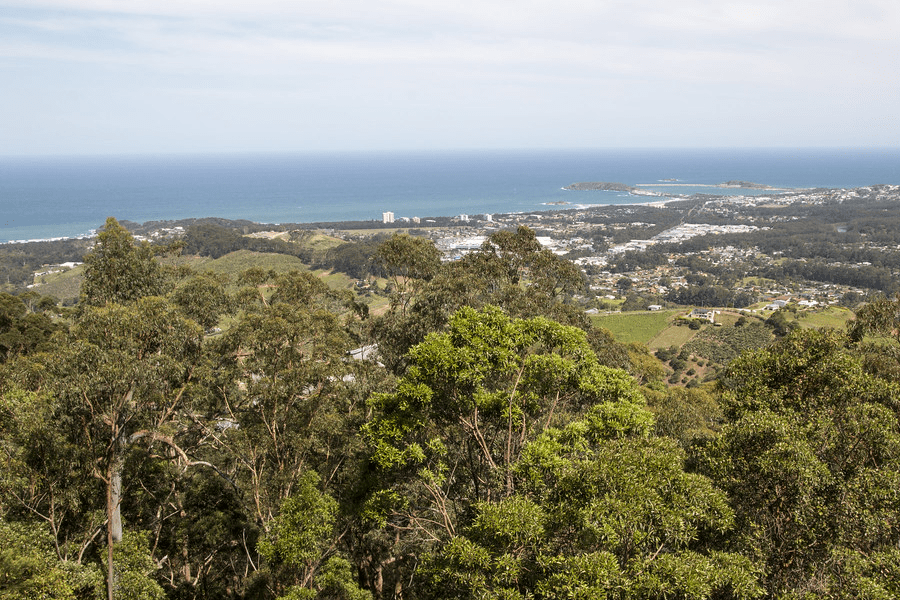Creating Cultural Safety for Aboriginal and Torres Strait Islander Patients in Primary Care & Gumbaynggirr Country Cultural Experience
To kick of Healthy North Coast’s annual conference in style, we are offering a unique, immersive and indepth cultural safety training experience. It combines two online modules and a face-to-face component that includes an on-Country visit to Niigi Niigi (Sealy Lookout). Needless to say, it’s not to be missed. Register early as places are limited.
This RACGP and ACRRM accredited training is a comprehensive series designed to increase cultural awareness and develop practical skills to enable health professionals to deliver culturally safe healthcare to their Aboriginal and Torres Strait Islander patients. Delivered in partnership with Ochre and Salt and Wajaana Yaam Gumbaynggirr Adventure Tours in partnership with Bularri Muurlay Nyanggan Aboriginal Corporation, the training will be delivered in three parts and will combine both online and face-to-face learning. This training is under application as an approved Cultural Safety Training, required for the Indigenous Heath Incentive PIP.
Learning outcomes
- Discuss the current experiences of Aboriginal and/or Torres Strait Islander of health and illness and how these differ from the rest of the Australian population
- Explain the historical impact of the colonisation of Australia on contemporary Aboriginal and Torres Strait Islander people’s healthcare
- Identify strategies to support Aboriginal and Torres Strait Islander people with self-determination to access culturally safe healthcare within the primary care setting
- Evaluate your practice’s cultural safety and identify strategies to provide culturally safe and acceptable healthcare to Aboriginal and Torres Strait Islander patients
- Appraise the diversity of Aboriginal and Torres Strait Islander cultural perspectives of kinship, family, language and Country as individual and social determinants of health and wellbeing
Components
Component 1
A self-paced eLearning module that must be completed before attending the face-to-face component (2). It will take approximately one-hour to complete online. Delivered by Ochre and Salt.
History and culture as they apply to Aboriginal experiences of health care
The over representation of Aboriginal people in health/mental health domains
defining and exploring trauma and its impact in Aboriginal and Torres Strait Islander communities
Social determinants of health and how health behaviours can influence access and experiences of health care
Component 2
A face-to-face cultural excursion that includes a two-hour cultural engagement workshop, catered lunch and afternoon tea, a two-hour on-Country cultural experience at Niigi Niigi (Sealy Lookout), and a hand-crafted local Aboriginal gift.
Agenda
8:30am – Cultural engagement workshop (Aanuka Resort) – delivered by Bularri Muurlay Nyanggan Aboriginal Corporation.
You will learn:
- How history impacts the present
- The importance of culture, kinship, family, language and land
- Discrimination, stereotypes and myths
- Aboriginal holistic views
- Practical ‘Where to from here’ strategies on how to engage with Aboriginal communities.
- Practical strategies on how to create a culturally safe environment for Aboriginal and Torres Strait Island people within your clinical workplace
- Direction and empowerment of staff in order to successfully build rapport and relationships with Aboriginal clients.
- The importance of cultural learning for Aboriginal patients and staff
- Investigation of how Aboriginal cultural values and worldviews can be implemented into organisations and primary care systems10:30pm – Catered morning tea
11:15pm – Transport by bus to Niigi Niigi (Sealy Lookout).
11:30pm – Immerse yourself in Gumbaynggirr culture through stories, songs, language, native plants and a guided walking tour. Delivered by Wajaana Yaam Gumbaynggirr Adventure Tours in partnership with Bularri Muurlay Nyanggan
Aboriginal Corporation.
Enjoy 360 degree views of Orara East State Forest
Hear the Dreaming stories of how the land was made to the north
Participate and experience speaking traditional language
Taste Aunty Jenny’s damper and bushtucker
1:30pm – Lunch at the Nyanggan Gapi Cafe
2:15pm – Return to the bus to be transported back to Aanuka Beach Resort
Component 3
A self-paced eLearning module that must be completed within 6 weeks of attending the face-to-face component (2). It will take approximately two-hours to complete. Delivered by Ochre and Salt.
You will learn:
- The meaning of ‘cultural safety’ in health care settings
- Optimising cultural safety in physical health care environments
- The importance of Aboriginal and Torres Strait Islander identification in health and mental health care
- Recognising and responding to limitations in health and mental health literacy
- Building trust and rapport in interpersonal care relationships
- Creating a sense of control and ownership in health care journeys
When registering for this unique, immersive and indepth cultural safety training experience, please consider a long weekend of learning and register for all three days of the Healthy North Coast annual conference. Saturday and Sunday are all about getting back to health with 27 preventive health topics to choose from.
For more information visit: https://hnc.org.au/annual-conference/



